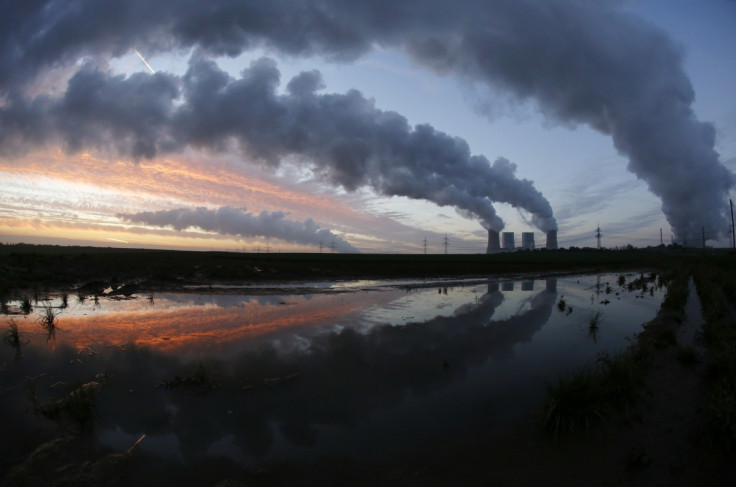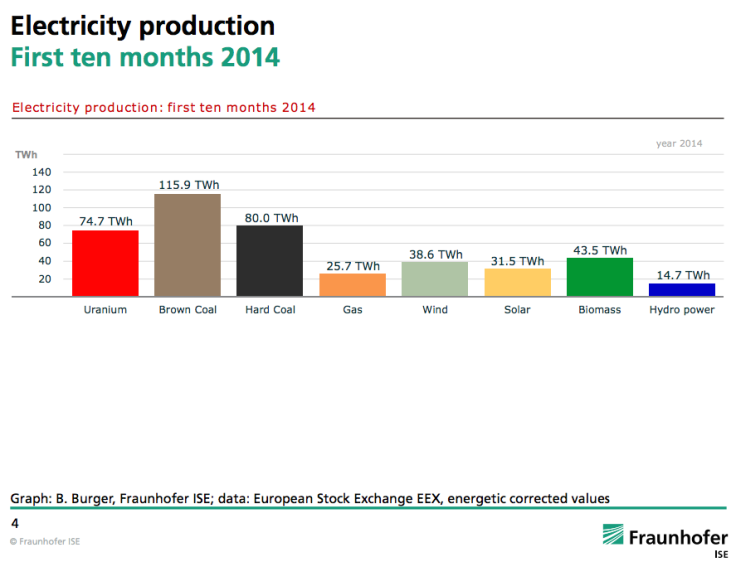Germany to Close Eight More Coal-Fired Plants

Germany could close eight additional coal-fired plants as it seeks to reach ambitious climate change targets.
Reuters reports that the government is drafting legislation that would force energy companies to shut the plants down, as it looks to trim 40% from its carbon emissions by 2020.
The country has already planned to decommission 50 coal-fired facilities, but is looking to remove an additional 22 million tonnes from its emissions, after Barbara Hendricks, the environment minister, warned that it was on track to miss the 40% target by up to 8%.
Coal accounts for more than 45% of Germany's electricity supplies, with the amount of coal burnt creeping up over the past few years. After the Fukushima disaster in Japan in 2011, the German government swiftly moved to close eight nuclear reactors, with the gap filled largely by coal.
The government is still moving towards a nuclear-free energy mix by 2022.
It is planned for the three German energy giants RWE, E.ON and Vattenfall to share equally the burden of the new carbon emissions target, with Sigmar Gabriel, Germany's Economic Minister, to meet the companies to discuss the initiative.
Germany is leading Europe's charge against climate change. The EU agreed in October to cut greenhouse gas emissions by 40% by 2030, but Germany is hoping to switch to 45% renewable energy by 2025 and 60% by 2035.
Last year, about 24% of its energy came from solar and wind power, more than any other major industrialised nation. In the first half of 2014, 31% of its power came from renewable sources. Solar and wind increased their output by 28% and 19%, respectively.

© Copyright IBTimes 2025. All rights reserved.






















